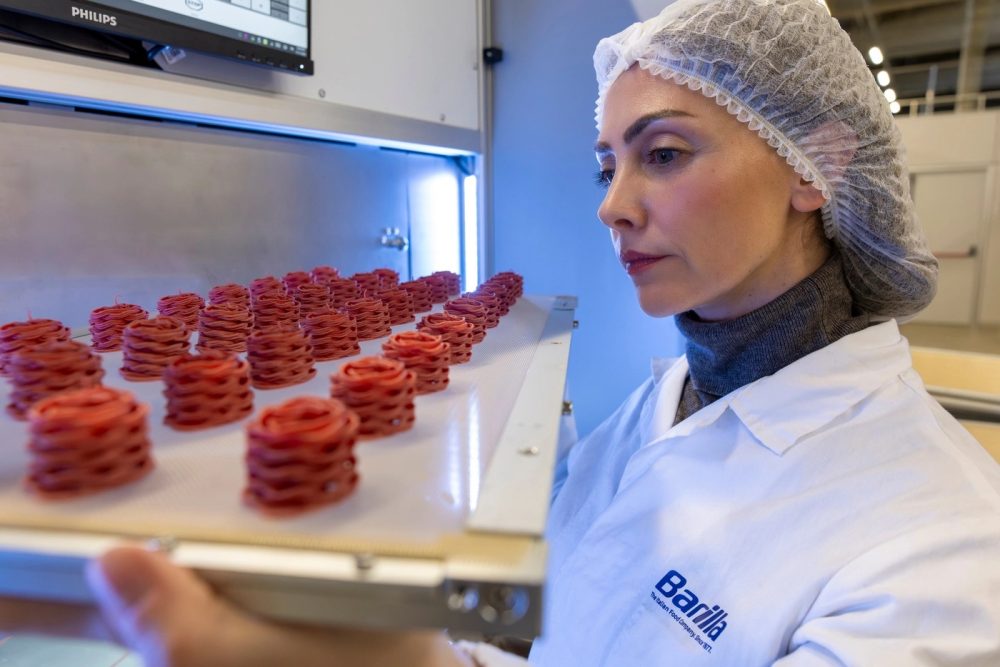In a major move to bridge the gap between centuries-old culinary heritage and next-generation food technology, the Barilla Group has unveiled its new Barilla Innovation & Technology Experience (BITE).
The 14,000-square-metre facility, located in the company’s hometown of Parma, represents a €20 million investment designed to “future-proof” Italian cuisine. The centre will serve as the global R&D hub for the Group’s entire portfolio, including pasta, sauces, and bakery products.
BITE is described not just as a laboratory, but as an “experience” centre where tradition meets cutting-edge science. The facility is staffed by 200 experts — ranging from food technologists and engineers to designers and professional tasters — who are tasked with anticipating global consumer trends.
“At Barilla… we know that a fundamental part of our work is to imagine and create quality products that must respond and adapt to people’s evolving needs,” said Guido Barilla, chairman of the Barilla Group. “The BITE… represents a very clear entrepreneurial choice. Barilla must drive and anticipate trends and be able to engage with markets that are increasingly more open and international.”
While the goal is to preserve the “good food” philosophy of Italian tradition, the methods are strictly futuristic. The centre features a 4,800 m² Innovation Center and 9,000 m² of pilot plants where researchers utilise advanced tools to refine products:
The “Electronic Nose”: AI-driven smart sensors map aromatic profiles to ensure consistency in sauces and baked goods.The “Rugosimeter”: a specialised roughness meter that measures pasta texture at the micron scale, ensuring the perfect “al dente” mouthfeel and sauce adherence.3D Printing & holography: used for rapid prototyping to speed up development cycles for new product shapes and concepts.
Barilla is positioning BITE as an “open” ecosystem, moving away from secretive in-house R&D. The centre currently hosts 84 active collaborations with international universities and research institutes, including Purdue University (USA) and Wageningen University (Netherlands).
Additionally, the centre serves as a launchpad for the Good Food Makers accelerator, which has already facilitated 28 collaborations with start-ups working on solutions ranging from sustainable indoor agriculture to AI-driven logistics.
Aligning with modern demands, the building itself is a statement of intent. It runs entirely on renewable electric energy and is surrounded by experimental fields dedicated to regenerative agriculture research.
“Innovating means placing people’s desires at the centre,” explained Michele Amigoni, head of RDQ at Barilla Group. “The BITE will be a centre open to the world, where it will be possible to see, touch, and understand how Barilla envisions the future of food.”


Dining and Cooking